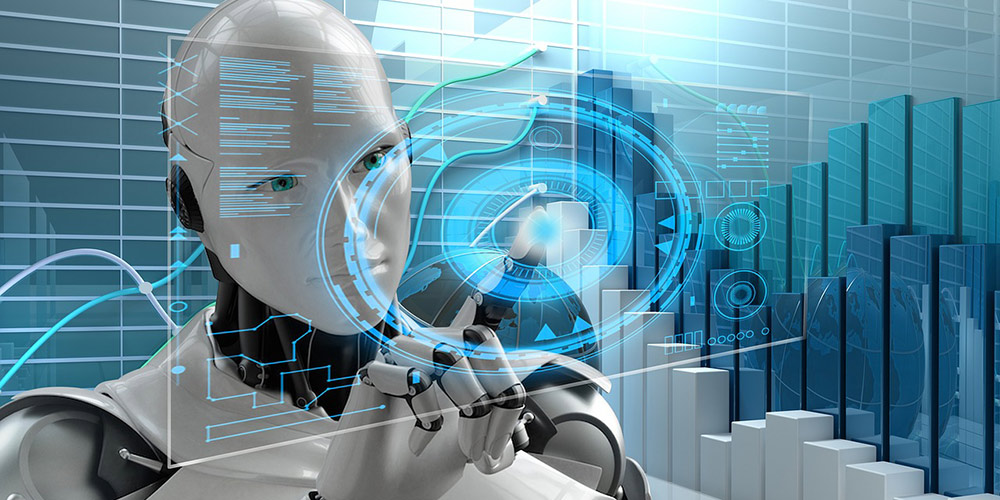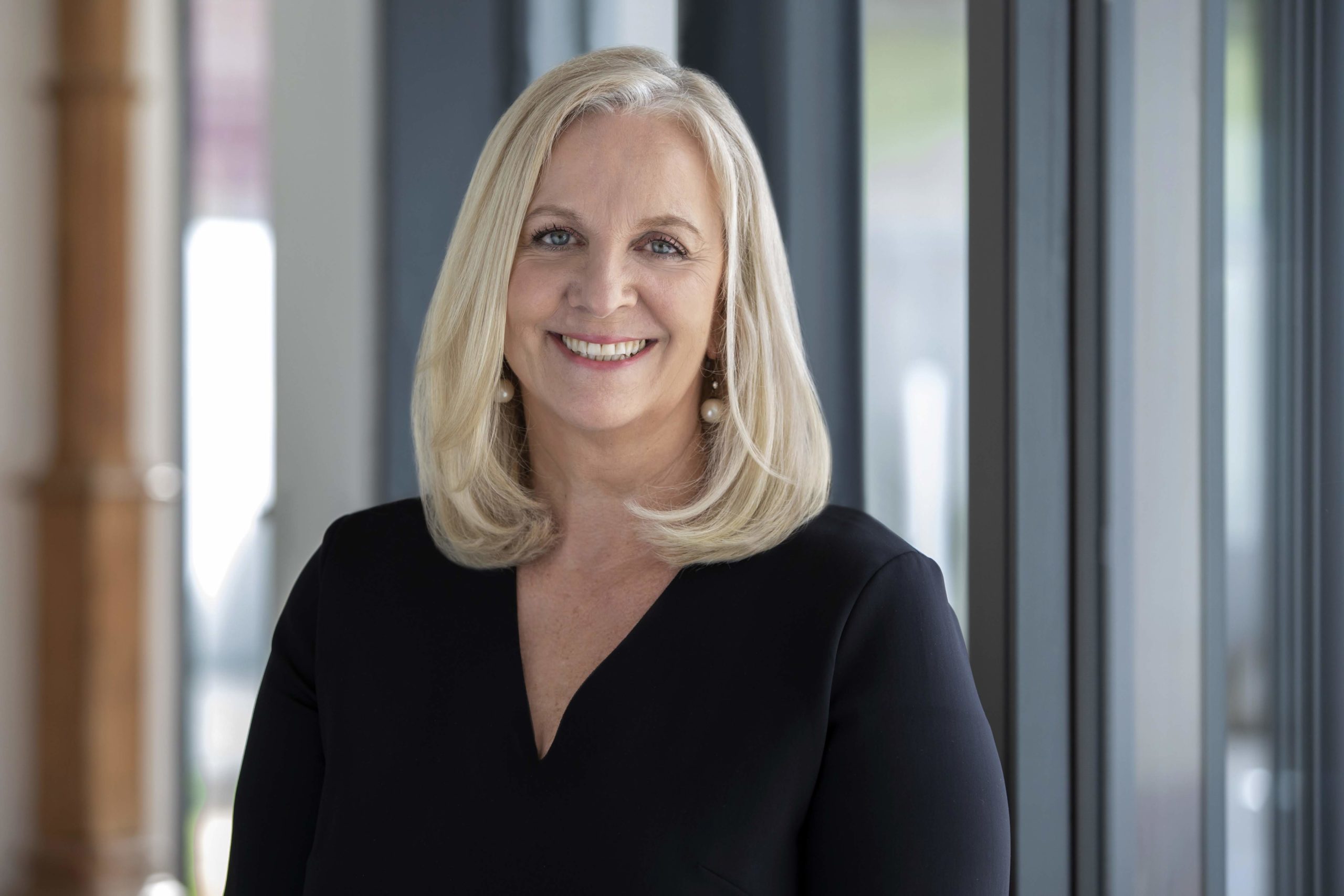Artificial intelligence is transforming knowledge work
“Machines that can change society, and have been much dreamed of, are now here in the shape of networked computers and robots, fed by data whose figures far exceed the human imagination, and increasingly autonomous artificial intelligence.” — Richard David Precht, in ‘Jäger, Hirten, Kritiker: Eine Utopie für die digitale Gesellschaft’ [Hunter, Shepherd, Critic: A Utopia for the Digital Society]

Artificial intelligence (AI) has little to do with human intelligence, even if it may seem that way. You could sum it up by saying that it merely resembles human intelligence. After all, even the most complex processes can be reproduced on machines using AI – not just in production halls, but increasingly in offices too.
This is what differentiates AI from conventional automation and rationalization. It isn’t just limited to rule-based workflows and basic tasks anymore, but now comprises of increasingly complex activities. Anyone who has been following the news from the world of AI for the last two to three years will have learned about some amazing new technologies. In the meantime, AI is now able to take on tasks, partially or even wholly, that we were fairly certain could only be done by people until now.
A change in activities of this magnitude also spells a change to entire professions, especially those in the field of knowledge work. Here are a few examples of professions that might be affected in the future:
- Doctors: Automated medical technology is already capable of replacing doctors in some subtasks. For example, there are AI-supported diagnostic methods that utilize medical imaging and analysis to detect tumor cells. The AI used can detect tumors far better than doctors.
- Lawyers: AI-supported analytic tools are able to analyze contracts and independently redraft new ones. These kinds of ‘machine lawyers’ are trained using legal documents, case studies and proposals, and are, of course, able to make evaluations faster than any human lawyer ever could. I recently read about a piece of software that can analyze a large quantity of documents in the space of a few seconds. The same task would take legal professionals 360,000 hours.[1]
- Journalists: Content providers have been experimenting with automatically generated texts for quite a while now. Of course, an AI system won’t win a Pulitzer Prize any time soon, but that’s not really the objective here. The idea is to create simple bulk texts, such as stock exchange summaries or sports news, and maybe even basic technical descriptions.
The list of professions that AI has on its radar is indefinite. For example, we could talk for hours about employees at insurance companies and banks whose tasks have already been taken over by intelligent systems in part, or drivers whose jobs could be taken by autonomous cars, or call centers that might be replaced by bots, or robots who cook and offer nursing care, etc. The list goes on and on. Maybe one day, preachers, artists, and politicians will be the only professionals who remain unaffected by AI – but I wouldn’t even be sure about that.
Of course, doctors, lawyers, and journalists won’t be made redundant by AI. Knowledge workers will always be needed. A doctor’s work doesn’t just revolve around analyzing images, a lawyer doesn’t merely draft contracts all day, and not all journalists write about the world of finance. We will always need doctors, but whether we’ll need as many lab physicians by 2030 remains to be seen. Doctors, lawyers, and journalists in 2030 will carry out their tasks in a different way to those in 2018.
For other tasks and professions, however, this may mean that qualifications become ‘devalued.’ Expertise and experience that has been considered gospel up to now will no longer be fit for purpose in these new partially or fully AI-supported processes and job profiles. But a devaluation of qualifications doesn’t mean that people won’t be needed anymore. They will just have to do different things to what they do now, and that in turn means they will need new or different qualifications. The fact that we will need a new approach to education and training is indisputable. But that’s not all – We have to be aware that these newly qualified employees will not necessarily be the same people as those who have carried out this work until now.
This kind of revolution will not be possible without friction on the labor market or within society as a whole. And apart from dealing with new technology, we will have to find intelligent answers to this question. This is where we’ll have to rely on our natural resources; I’m afraid that AI won’t be able to help us here.
[1] heise.de, 20 December 2017; https://www.heise.de/newsticker/meldung/Kuenstliche-Intelligenz-verdraengt-menschliche-Arbeit-in-juristischen-Berufen-3919054.html [in German]
